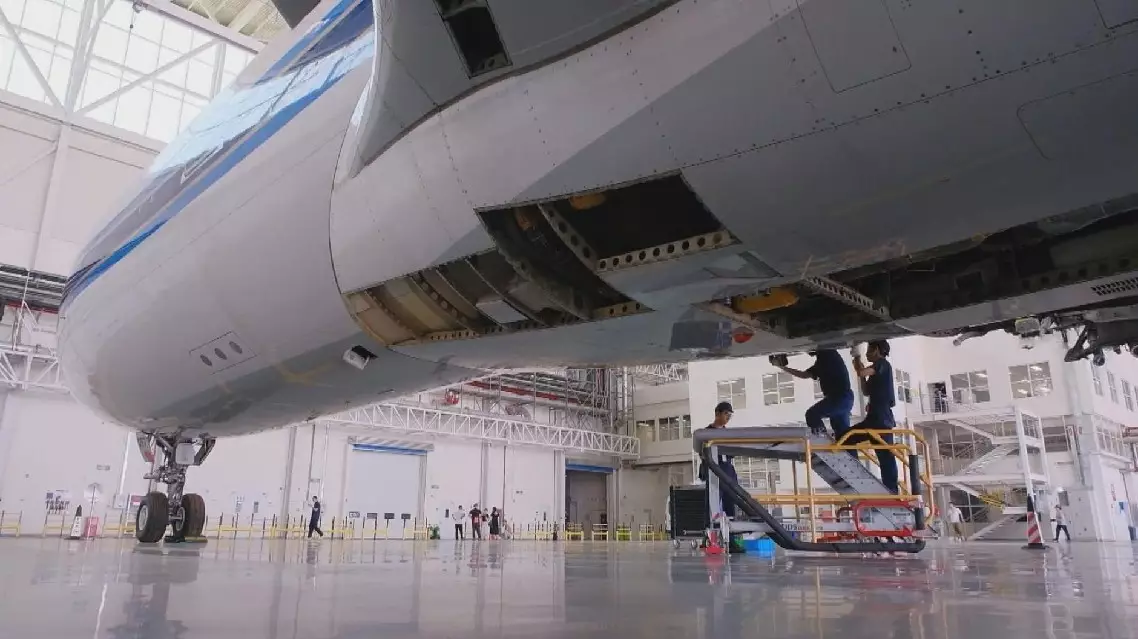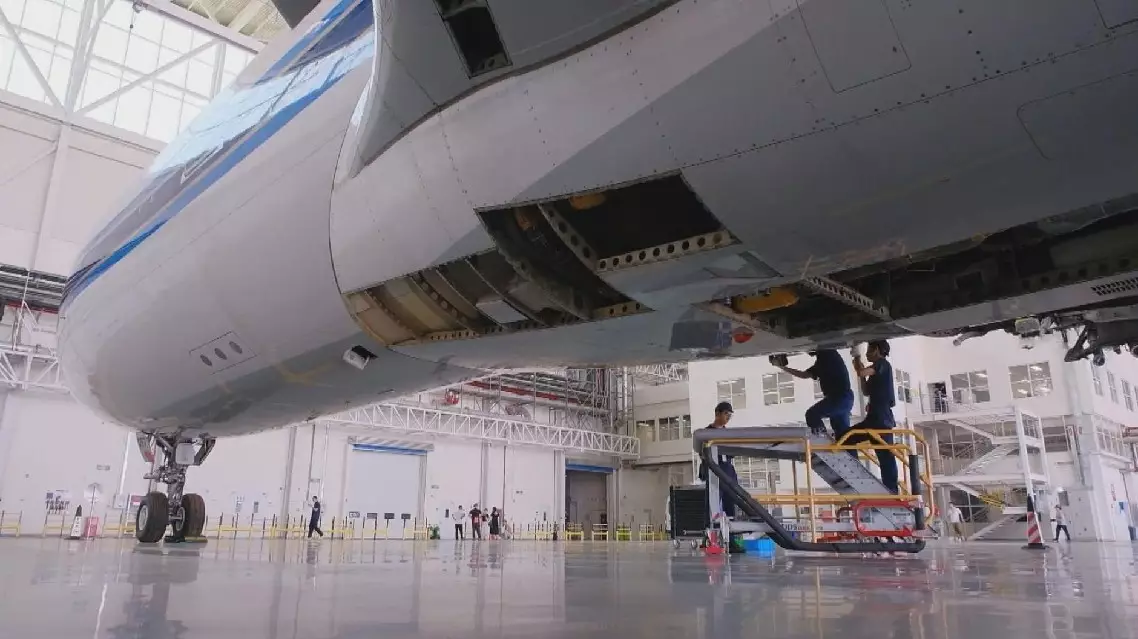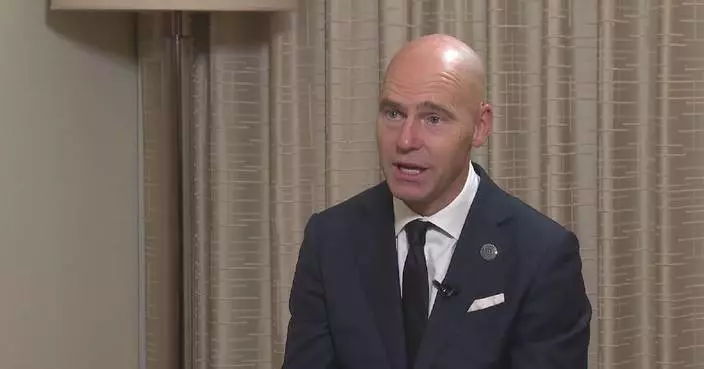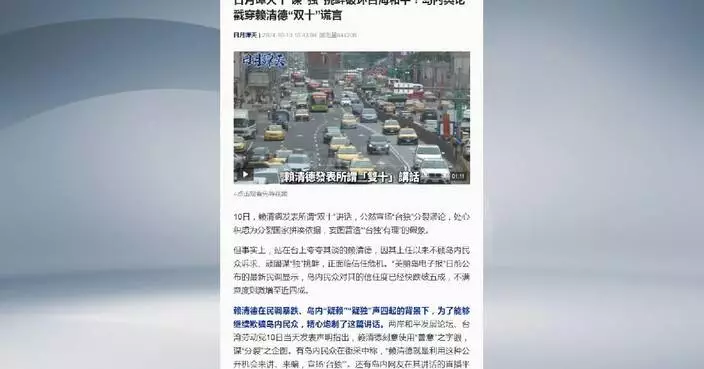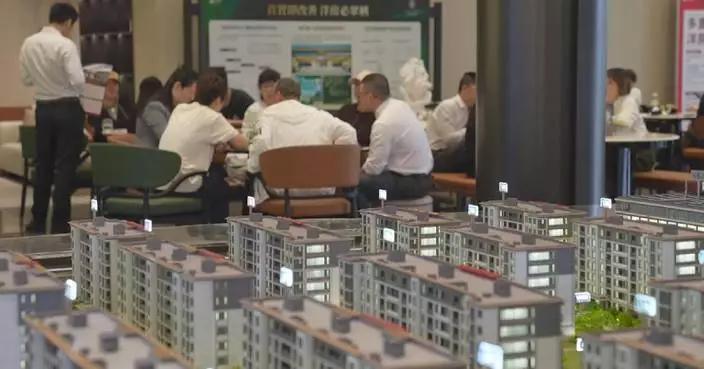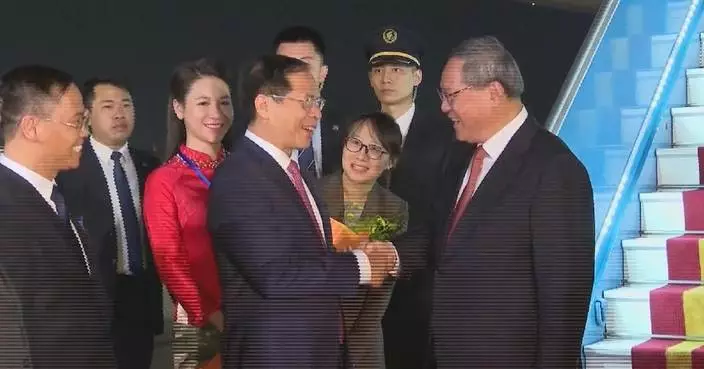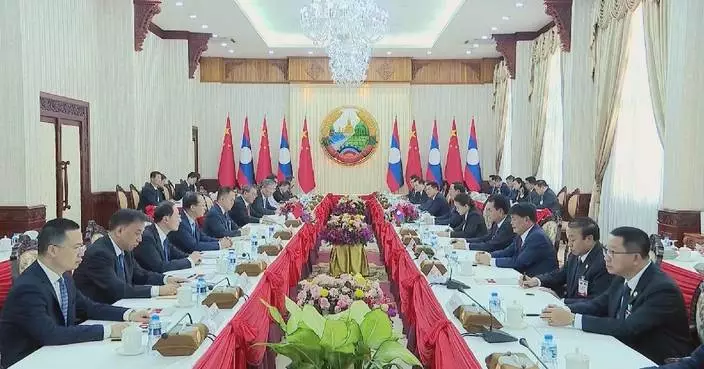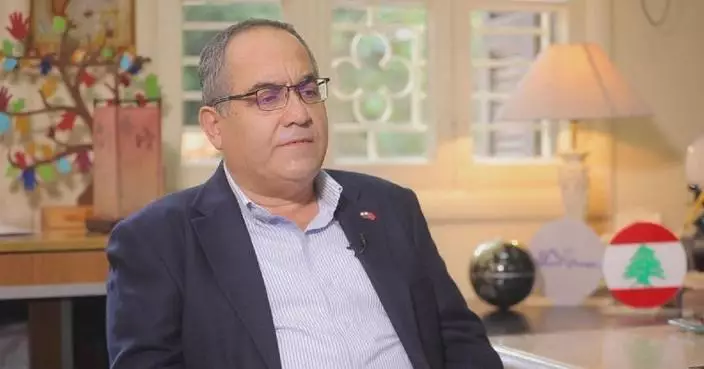The European Union's move to impose additional tariffs on Chinese electric vehicles (EVs) will hurt the interests of both sides, said a Chinese expert.
China filed an appeal with the World Trade Organization (WTO) on Friday, challenging the EU's provisional additional tariffs of up to 37.6 percent on Chinese battery electric vehicle (BEV) makers.
In an interview with China Global Television Network (CGTN), Qu Qiang, a research fellow at the Belt and Road Research Center under the Beijing-based Minzu University of China, said the EU should adopt a positive stance on competition from Chinese auto companies, and uphold its commitment to multilateralism.
"They think Chinese EVs are over-competitive and fight against their European counterparts. They want to use this policy or move to force more of the investment to go back to the European Union to create more jobs and to leave more of the taxation back in the European Union. We understand this concern, but I think they are considering the whole thing from a very wrong angle. But fortunately, I think the European Union still respects the multilateral dispute-resolving system like WTO. So, I think we still have some maneuver spaces. We can see some positive results to turn out," said Qu.
He emphasized that the interests of Chinese and EU carmakers are highly intertwined as both sides have a huge presence in each other's industry and market.
"The Chinese and European markets are not like American automobile industry fighting against previous Japanese automobile market. It's more like trade partners - you in me and me in you. Many European carmakers invested in Chinese automobile companies and vice versa. China is building a huge presence in Hungary, [a] very important member country in the European Union. And so, I think this kind of tariff argument is going to only hurt our common interests instead of making both of our courses bigger and better," said the expert.
He highlighted Chinese EV makers' contributions to the technological advancement of the industry, especially in making transportation greener and smarter, while significantly reducing production costs.
"The Chinese NEV market is quite different from the rest of the world, because we are trying to develop this market in a more open way and make our cars greener, smarter. This is going to be the mainstream in the future, totally replacing the fossil-fuel, traditional vehicles and make more transportation, their margin costs will be nearly zero," said Qu.
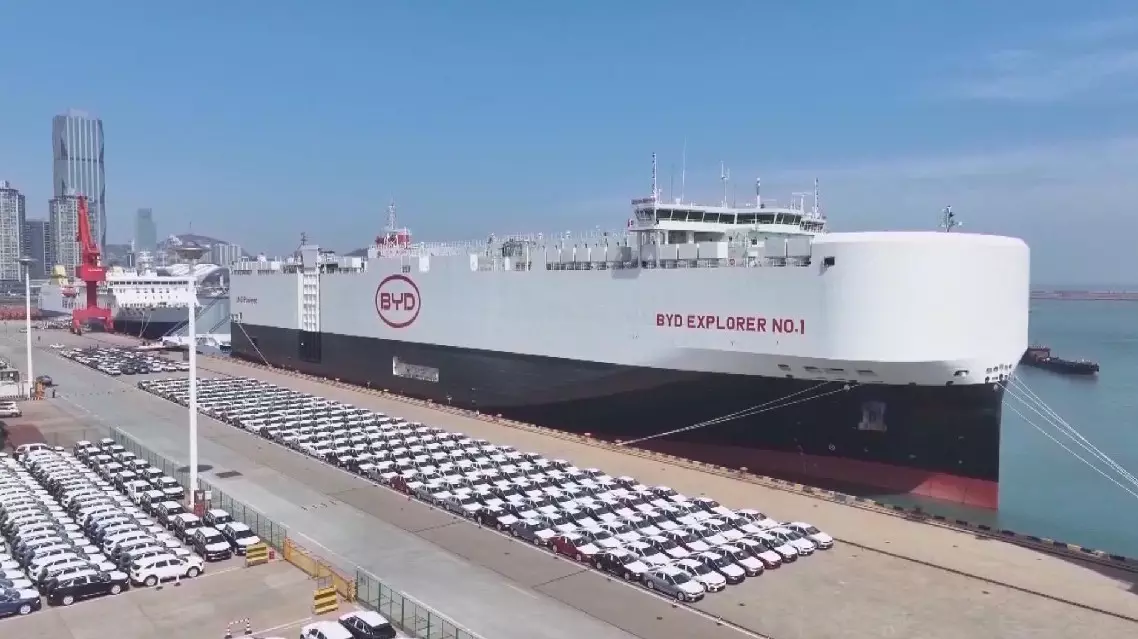
EU's additional tariffs on Chinese EV makers hurt both sides: expert
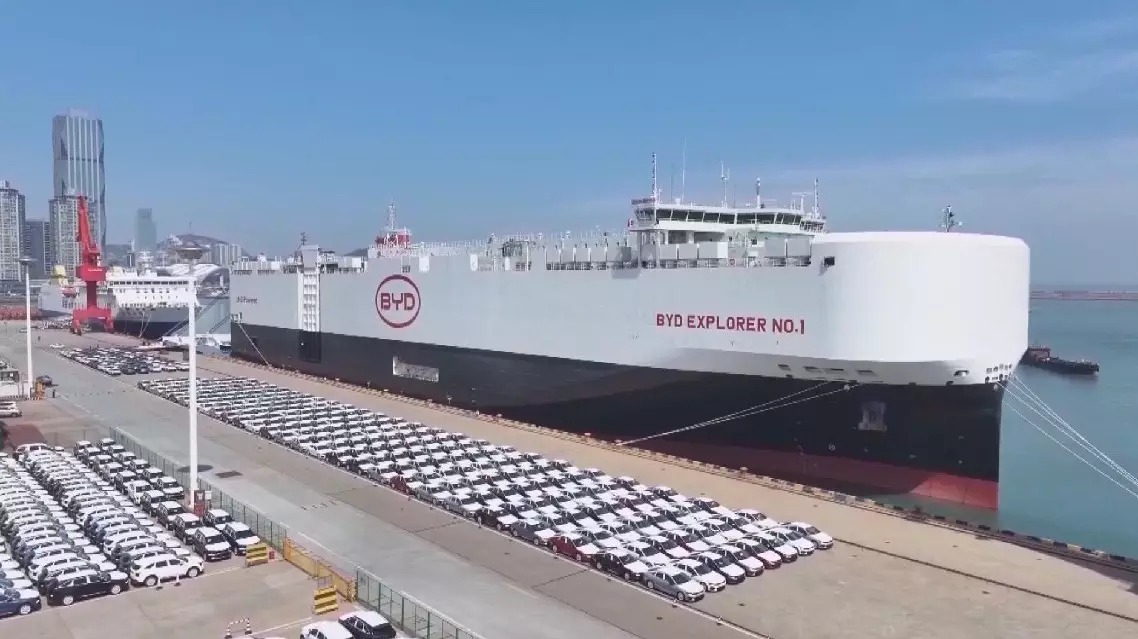
EU's additional tariffs on Chinese EV makers hurt both sides: expert


